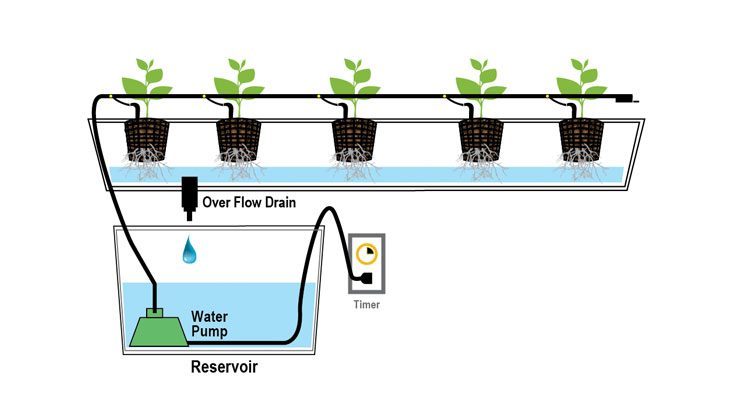
This editorial article is a part of Technical.ly's How to Get Hired month. Join Technical.ly at our NET/WORK tech jobs fair on March 20.
First, you need to understand the Opportunity Zone Program, which was enacted as part of the 2017 Tax Cuts and Jobs Act.
It’s an economic development program where census tracts are designated as eligible for tax breaks for private investors through a program called Opportunity Funds. The goal is to help under-resourced communities become more economically stable by creating jobs for the people who live there — or, as the IRS puts it in its FAQ: “Opportunity Zones are designed to spur economic development by providing tax benefits to investors.”
Opportunity Zones are basically an incentive for people to invest in areas that need it — something that, historically, has led to gentrification and displacement of the under-resourced people who were theoretically meant to benefit. (See a map of Delaware’s zones here.)
That’s why Second Chances Farm, an LLC founded by entrepreneur and TEDxWilmington organizer Ajit George, is an interesting concept — one that combines farming, jobs for local returning citizens and ultimately entrepreneurship opportunities that require neither capital nor credit.
“We call them ‘green collar” jobs,” said George in an interview with Technical.ly. “Green because it’s organic, it’s pesticide free, and it’s herbicide free. And it’s about growing food locally. This is not a hobby, this not a corner garden in the summer, it’s about growing food year round, on a production scale.”
So, how did the concept of Opportunity Zones, urban farming and ex-offenders come together? It was the result of two very different 2016 TEDxWilmington talks — one about reentry and recidivism, the other about farming of the future.
Employees — virtually all of whom will be formerly incarcerated — will run the farms with a starting pay of $15 an hour. As the company grows, the plan is for employees to eventually acquire farms of their own and become business owners (or “compassionate capitalists,” as Second Chances Farm calls them).
In contrast to downstate’s traditional outdoor crops, Second Chances Farm will be an indoor, LED-lit, vertical hydroponic farm that will operate year-round; the first farm’s location is yet to be determined.
“There’s no soil, it’s all grown in continuously flowing water,” said George.

The drip system. (Courtesy image)
Vertical hydroponic farming has become increasingly popular over the last few years across the country — even Jeff Bezos has backed a hydroponic farming venture. Second Chances will likely be the first one in Delaware.
The for-profit venture is projected to have its first indoor farm up and running by the fall, pending a final clearance with the IRS. It’s already won a few awards and startup grants.
If placing a farm inside the city seems strange, consider the challenges the average ex-offender faces when trying to get to get a job — and how much easier it would be if $15-an-hour jobs were available right in the neighborhood.
In order to qualify to be placed in a job at Second Chance, inmates heading toward reentry will work with the behavior health and wellness program Connections during the final six months of their sentences.
“We are working with Connections, who currently have an exclusive contract with the Delaware Department of Corrections with regards to people re-entering society from Delaware’s Prisons,” said George. “Issues like anger management are beyond the scope of what we can do. They offer more social work, so it just made sense for us to work with them.”
Connections also has a transportation group that can help Second Chances Farm employees get to and from work, an issue for many looking for work after reentry, as drivers licenses are sometimes still suspended and getting car insurance can be a challenge.
The organic, hyperlocal vegetable crops will be sold to restaurants, organic farm stands and to cancer patients avoiding even the minimal amount of pesticides allowed in traditional organic mass farming.
“Delaware used to be known for three things — chicken, credit cards and cars,” said George. “What we’re really talking about is adding a new industry, which is organic hydroponic crops. And with that comes my notion, which is ‘compassionate capitalism,’ which is really providing opportunities for people.”
Join the conversation!
Find news, events, jobs and people who share your interests on Technical.ly's open community Slack

Delaware daily roundup: Delmarva Power vendor stats; DelDOT's $15M federal grant; 50 best companies to work for

Delaware daily roundup: Over 4,000 Black-owned businesses uncovered; Dover makes rising cities list; a push for online sports betting

Delaware daily roundup: Ladybug Fest illuminates small biz; Hahnemann Hospital's biotech future; intl. politics and a Middletown project




